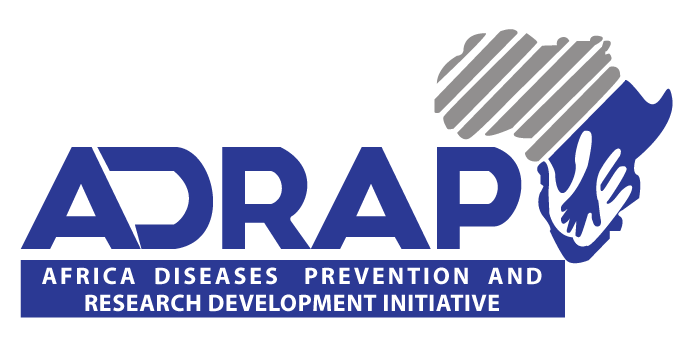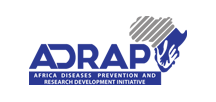
AFRICA DISEASE REPORTING FELLOWSHIP
Approach
Participation in the program will be a blend of virtual and physical elements. Each Fellow will engage in a total of five (5) weeks, combining live online classes at their own pace and in-person sessions lasting five days. The in-person sessions will include field trips, visits to labs, hospitals, partner offices, and other relevant areas.
To ensure personalized guidance, each participant will be assigned a mentor who is a senior health/science journalist. The mentorship ratio will be three participants per mentor.
Throughout the fellowship period, participants are expected to develop and submit at least four (4) stories based on their interactions and activities during the program. These stories will be intended for publication or broadcast in their respective media organizations. Additionally, participants will present highlights of their work in recorded videos, which will be showcased at a gathering of partners, participants, resource persons, and others.
The program will recognize outstanding stories in various categories, including Print/online, Digital/social media, and Broadcast, with a special celebration.
To document and share the collective experiences, the participants’ contributions will be compiled in a dedicated publication dedicated to the program. This publication will serve as a valuable resource for future reference and inspiration.
- Reviewing and editing written or visual content for accuracy, clarity, and adherence to guidelines.
- Curating and organizing content for publication.
- Enhancing the overall quality and readability of the content.
- Collaborating with writers and contributors to improve their work.
- Fact-checking and verifying information before publication.
- Managing the editorial calendar and meeting publishing deadlines.
- Systematically mapping and establishing connections with global health organizations in Africa.
- Organizing online events as needed to support the project objectives.
- Conducting targeted outreach to global health academics outside of Africa.
- Developing e-books and posters when required to disseminate information effectively.
- Engaging in the preparation and development of grant proposals to secure funding for the project.
- Scientific Literacy: Understanding and translating complex medical concepts into accessible language.
- Research Skills: Conducting thorough and reliable research on health-related topics.
- Cultural Sensitivity: Being respectful and aware of cultural differences when reporting on health issues in various regions.
- Interviewing Skills: Conducting effective interviews with experts and stakeholders for valuable insights.
- Data Journalism: Proficiency in analyzing and visualizing health-related statistics and trends.
- Ethical Reporting: Adhering to ethical guidelines and privacy considerations when reporting on sensitive health issues.
- Proficiency in web skills, including content management systems and social media platforms.
- A fundamental understanding of the newsletter economy.
- Critical thinking abilities, and having a sense of humor will be considered an added advantage.
- A minimum of 10 journalists from across Africa are empowered through the program.
- Over 60 stories are produced and published/broadcast on various platforms across the continent during and after the fellowship period.
- Fellows become members of a robust network of journalists reporting on diseases across Africa.
- Fellows will have to access wide array of resources and opportunities to further enhance their reporting skills

